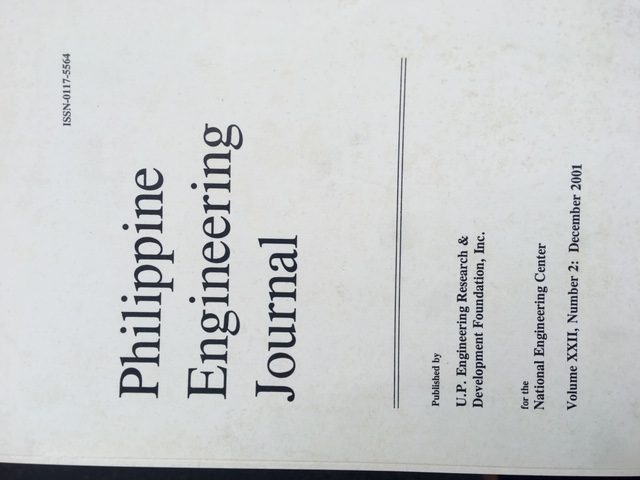As Assessment Model to Characterize TQM Systems in Large Philippine Manufacturing Companies
Abstract
Current efforts in quality diagnostics are ineffective in providing organizations with a quantitative tool in the assessment of their level of Total Quality Management (TQM) adoption. A survey questionnaire of quantitative measures was formulated from concept mapping results and, subsequently. Administered across 40 domestic manufacturing companies from various industries with a capitalization of at least PhP 50 Million. The latest statistical relationships among the variables were examined from which a long list of 28 validated key indicators was reduces to 18 variables using Principal Components Analysis and Multi-collinearity Analysis. Through Multiple Linear Regression, the model structure of the relevant indicators characterizing the level Linear Regression, the model structure of the relevant indicators characterizing the level of TQM adoption was established. The resulting regression equation presents a classification model which confirms that the Level of TQM adoption is affected by the various indicators identified from the literature.
From the reduced set of 18 variables, four relevant indicators surfaced as predictor variables for determining the level of Total Quality Management Adoption for he sample companies. The exploratory work on large-scale companies highlights the possibility of organizing benchmarking efforts through quantifiable measures for continuously.


